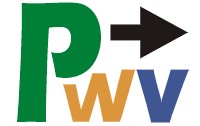 Computer Programming for students in 21st century West Virginia!
Computer Programming for students in 21st century West Virginia! Computer Programming for students in 21st century West Virginia!
Computer Programming for students in 21st century West Virginia!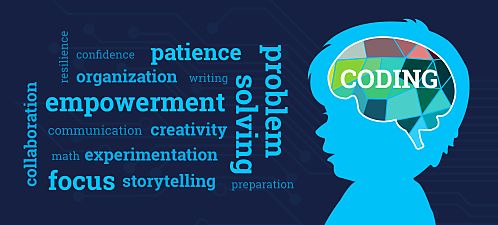 |
Coding helps kids develop academic skills, build qualities like perseverance and organization, and gain valuable 21st century skills... - Infographic and quotation from https://www.tynker.com/blog/articles/ideas-and-tips/10-reasons-kids-should-learn-to-code/, courtesy of Tynker. |
Due to school closures, the Tech Club will not be meeting face-to-face, and the Computer Vision Project is on hold. Hopefully it will start again in September.
Projects that are more suitable for individual work from home are currently under consideration.
If you have questions or are stuck with a technology question you think we may be able to answer, you can send a message from https://www.facebook.com/ProgrammingWV/ or email k12role@programmingwv.org.
We’ll use the Raspberry Pi “single board computer” to capture images, make time-lapse videos, detect motion, read text, and more.
Team size: 2 or 3 students. Maximum 5 teams, depending on availability of adult volunteers. Session: 5 weeks, meeting once/wk for 1.5 hrs
The complete project plan is available here (12-page 2MB PDF).
Planned activities, time permitting:
If more students are interested than we can accommodate, students will be taken in the order of this randomly-generated list of birthdays.
|
|
Cameras bring us images from around the world or personal to you. They are used to entertain, inform, record, and secure. They can explore places you cannot go: outer space, under the ocean, inside the human body. What can you do with a camera? This Project has little or no wiring, and the camera hardware is already set up for you. Instead, climb aboard the Python programming language, used worldwide by businesses and organizations for everything from data management to game development. |
|
|
|
|
|
|
|
||
Under consideration for an April/May project session:
Team size: 2 or 3 students
Session: 5 weeks, meeting once/wk for 1.5 hrs
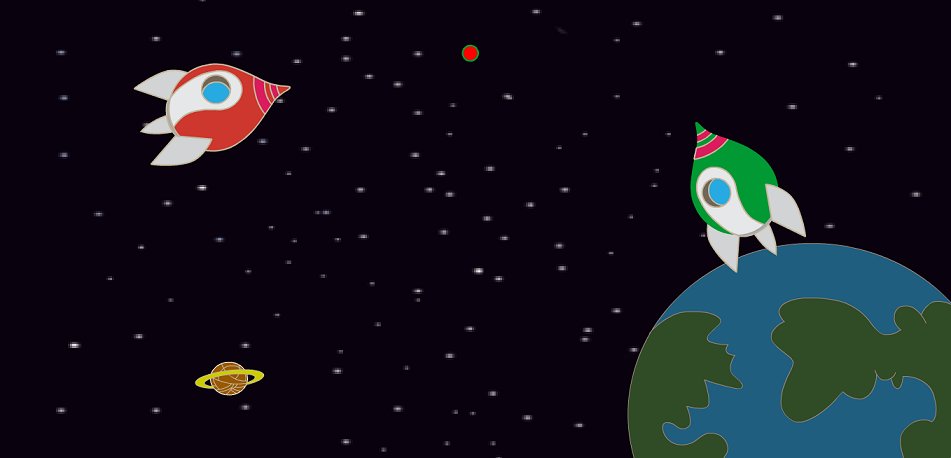
|
||||
|
Team size: 2 or 3 students
Session: 5 weeks, meeting once/wk for 1.5 hrs
|
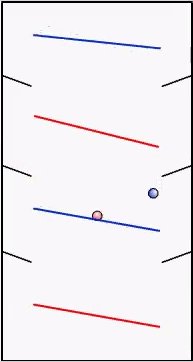
|
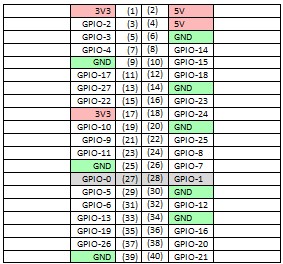 Raspberry Pi “Pin Charts” you can edit
Raspberry Pi “Pin Charts” you can edit(for Pi models with 40 pins)
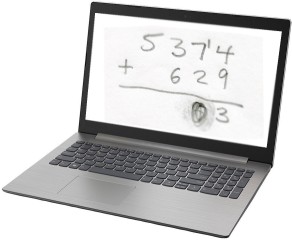 How Do Computers Do Arithmetic?
How Do Computers Do Arithmetic?A Scratch Day event in Morgantown, West Virginia
Scratch is a programming language that makes it easy to create your own interactive stories, games, and animations – and share your creations with others on the web.
Scratch helps young people learn to think creatively, reason systematically, and work collaboratively.
Scratch is developed by the Lifelong Kindergarten research group at the MIT Media Lab. The Scratch project has been supported with funding from the National Science Foundation, Intel Foundation, Microsoft,MacArthur Foundation, LEGO Foundation, Google, Dell, Inversoft, and the MIT Media Lab research consortia.